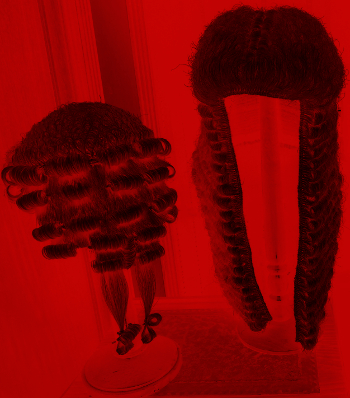ICAC slammed in NT court
 The Northern Territory Supreme Court has heard ICAC “threw away the rule book” when dealing with a former board member of the Darwin Turf Club.
The Northern Territory Supreme Court has heard ICAC “threw away the rule book” when dealing with a former board member of the Darwin Turf Club.
Last year, former independent commissioner against corruption, Ken Fleming released a damning report into a controversial taxpayer-funded grandstand at the Fannie Bay Race Course.
It made findings of “corrupt conduct” against the club's former chairman, Brett Dixon, one of the owners of the company that secured the tender for the project.
The report also made findings of “improper conduct” against four other individuals, including former board member Damien Moriarty.
Mr Moriarty is now seeking to have the findings quashed by the Supreme Court.
This week, Mr Moriarty's barrister, Fiona Forsyth QC, told the Supreme Court that her client was swept up in the ICAC's pursuit of its main target, Mr Dixon.
“What the ICAC then did was to really push through this investigation … taking out everything in its path, including Mr Moriarty, who really was only a bit player in this whole saga,” Ms Forsyth said.
“In our submission, what the ICAC seems to have done is to throw away the rule book just to get things done and make as many findings as possible.”
Mr Moriarty was accused of making “false” public statements after the awarding of the contract, including when he said: “Mr Dixon was at arm's length from this process at all times”.
The ICAC said this “concealed the true position of Mr Dixon's involvement” in the board's process and inhibited the ability of the government to prevent the contract being awarded to the construction company.
However, Ms Forsyth has now questioned the integrity of the ICAC's investigation.
She alleged that Mr Moriartyhad been assured verbally and in writing that he was not under investigation when ICAC called him in for questioning, even though the ICAC had already set its sights on the propriety of his earlier public statements.
“It was clearly the case that he was in fact under investigation,” she said.
“And, in our submission, that is a very clear denial of procedural fairness.”
The ICAC also used “extraordinary and unusual methods to obtain evidence”, including covert recordings of a conversation with another board member of the turf club, the barrister claimed.
The hearings continue.








 Print
Print